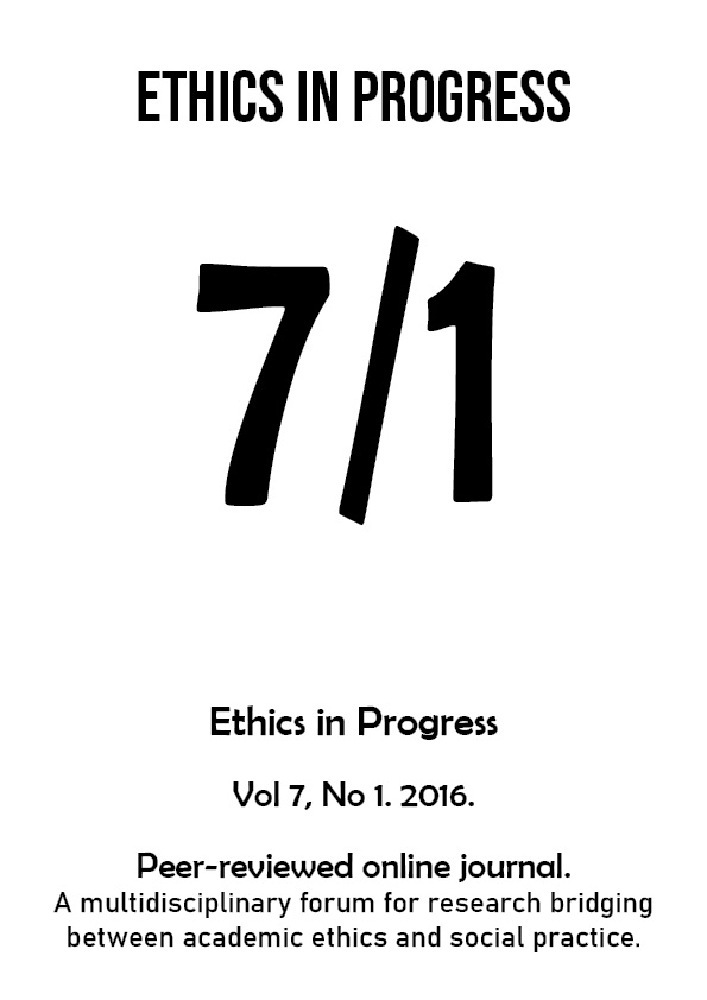Abstract
Ricoeur's theory of narrative identity is not his last word when it comes to philosophy of selfhood. This paper aims to outline how the findings of one of Ricoeur's final books, The Course of Recognition fit into Ricoeur’s philosophy of selfhood, and to do so by comparing Ricoeur’s analyses of the concept of recognition and Stanley Cavell’s explorations of the idea of acknowledgment. Cavell, much of whose philosophy investigates “the extent to which my relation to myself is figured in my relation to my words,” can show recognition to be not only the gaining of knowledge, but the outward affirmation, acceptance, agreement to that knowledge (in language). That requirement of outwardness, of intersubjectivity, is what makes acknowledgment crucial for theories of selfhood.
References
Cavell, S. 2003. Disowning Knowledge in Seven Plays of Shakespeare. New York: Cambridge University Press.
Cavell, S. 1994. In Quest of the Ordinary. Lines of Skepticism and Romanticism. Chicago: The University of Chicago Press.
Cavell, S. 2002. Must We Mean What We Say? Cambridge: Cambridge University Press.
Cavell, S. 2006. Philosophy the Day after Tomorrow. Cambridge, MA: The Belknap Press of Harvard University Press.
Cavell, S. 1999. The Claim of Reason: Wittgenstein, Skepticism, Morality, and Tragedy. New York: Oxford University Press.
Ricoeur, P. 1995. Oneself as Another. Trans. K. Blamey. Chicago: The University of Chicago Press.
Ricoeur, P. 2007. The Course of Recognition. Trans. D. Pellauer. Cambridge, MA: Harvard University Press.




